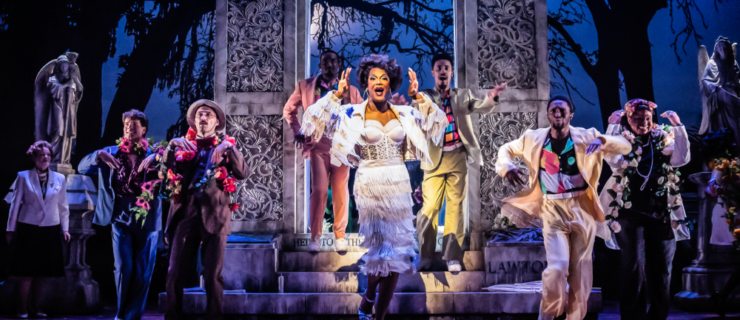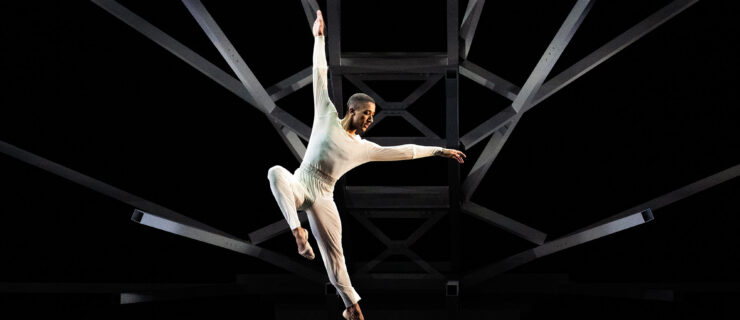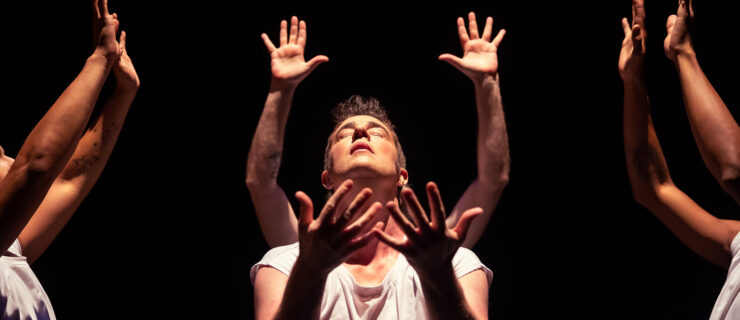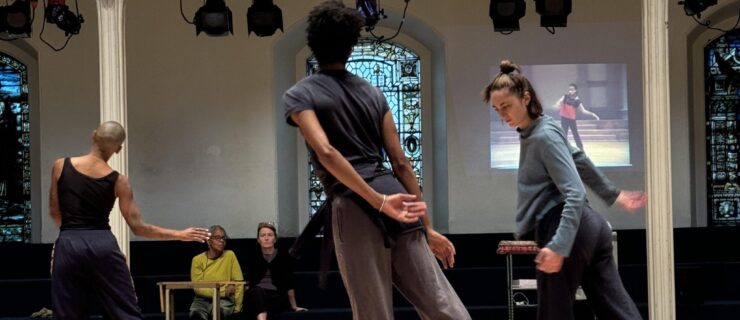Former NYCB Star Joaquin De Luz Returns to His Native Spain as an Artistic Director
A radiant person onstage and off, former New York City Ballet star Joaquin De Luz is shifting from being in the spotlight to giving back. After training with famed teacher Víctor Ullate, the Spanish dancer moved to the U.S. at 20, dancing with American Ballet Theatre for six years before alighting at NYCB in 2003, where he gave his final performance last fall. This month, he returns home to Madrid to take the reins at Compañía Nacional de Danza, a company of 50 dancers that gives 85 performances a year.
How would you describe the current repertory of CND?
For 20 years, Nacho Duato made it a choreographer’s company. He gave it international prestige. After Nacho, José Carlos Martínez, from Paris Opéra Ballet, took over, and he brought classical ballet back. In December 2015, I guested in his first full-length ballet, Don Q, dancing with Maria Kochetkova. It was so fun to dance at home! Spain is hungry for good-quality dance.
What will you change?
I’m bringing some of Nacho’s works back. I’d like to have pieces that use our heritage, our music and our stories. At the same time, I’d like to bring iconic works to Spain to nurture the dancers and educate the public. I want to have a program with female voices, with one iconic piece, a company premiere and a creation.
What are some iconic works?
It’s like a desert over there in terms of Balanchine and Robbins. I’d also like to bring some Paul Taylor.
You danced in many works by Robbins. What do you like about his ballets?
They allow the time to take a breath, to have a thought onstage. You see choreographers nowadays—I get it because technology is so fast and people want it now—who are afraid of having a moment with no steps to really embrace the feeling.
Robbins’ 1944 ballet, Fancy Free, has gotten some backlash in the wake of #MeToo.
If we present Fancy Free, that doesn’t mean we agree with everything that happens onstage. I think art should be ambiguous and tell a story and provoke a thought.
What other ideas do you have?
I want to start a studio company. CND doesn’t have a school, so this would be a beginning. We could use some of the dancers for big productions, and it can be an experimental lab for new choreography. We’re working on a U.S. tour in fall 2020.
My dream is that we—Spanish people—have the company that would have made me stay. Imagine if we had all stayed—Tamara Rojo, Angel Corella, Lucía Lacarra—we were all classmates. We would have had an amazing company! I want to retain talent there and also invite talent in.
What will you be cautious about?
The worst mistake you can make as a director is to think you’re going to make everybody happy. Nacho gave me the best advice: “Always be honest with people. It may hurt a little bit at the beginning. But if you are not, then your integrity and the respect people have for you are gone.”
Are you going to perform yourself?
There’s been talk about maybe an official goodbye to the Spanish audience. If it can benefit the company, I will do it, but it’s not my priority.
What will you miss about NYCB?
The incredible repertory and how it challenges you and pushes you, day in, day out. Each week you wonder, “How am I going to get through this?” I compare NYCB to the city of New York: It’s relentless. I will definitely miss that.




